Case study #1
Pirna, Germany
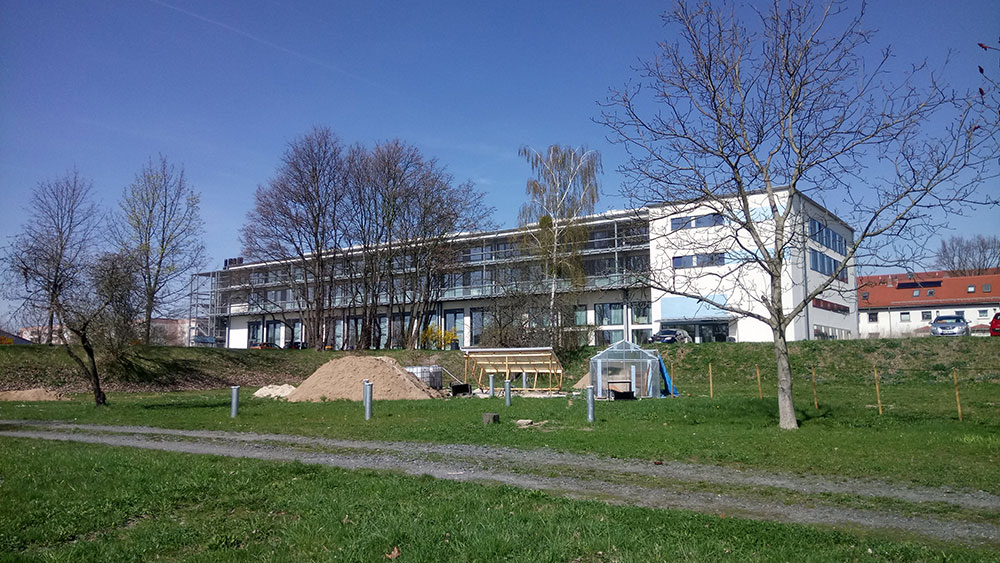
Case study #2
Berlin, Germany
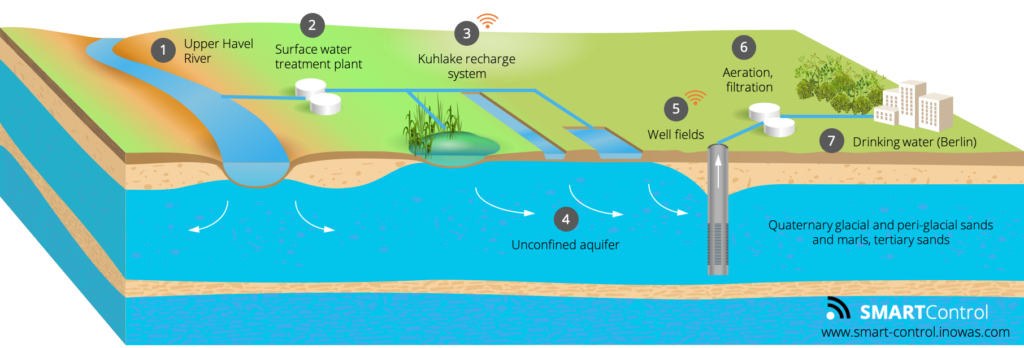
Case study #3
Aquarenova, France
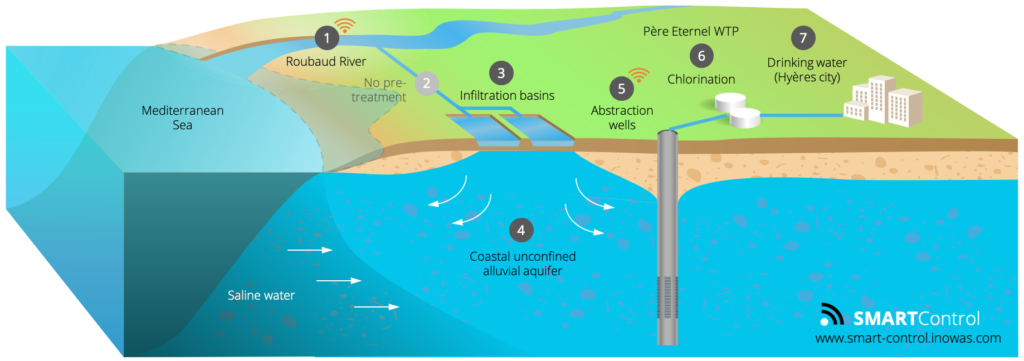
Case study #4
Ezousa, Cyprus
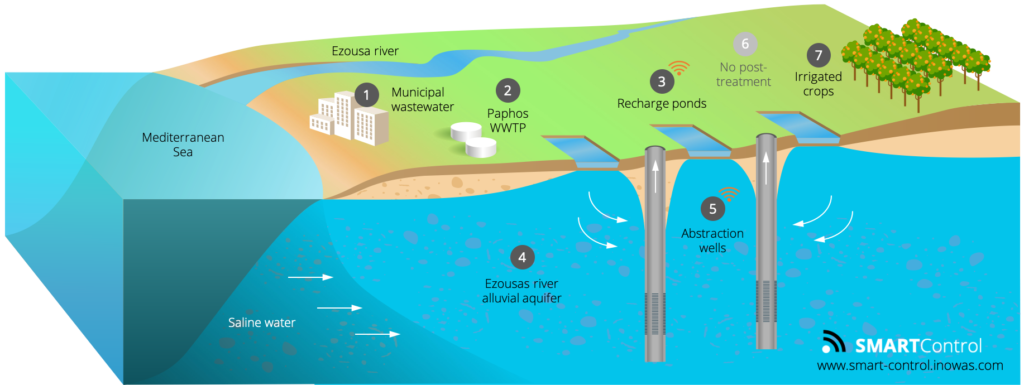
Case study #5
João Pessoa, Brazil
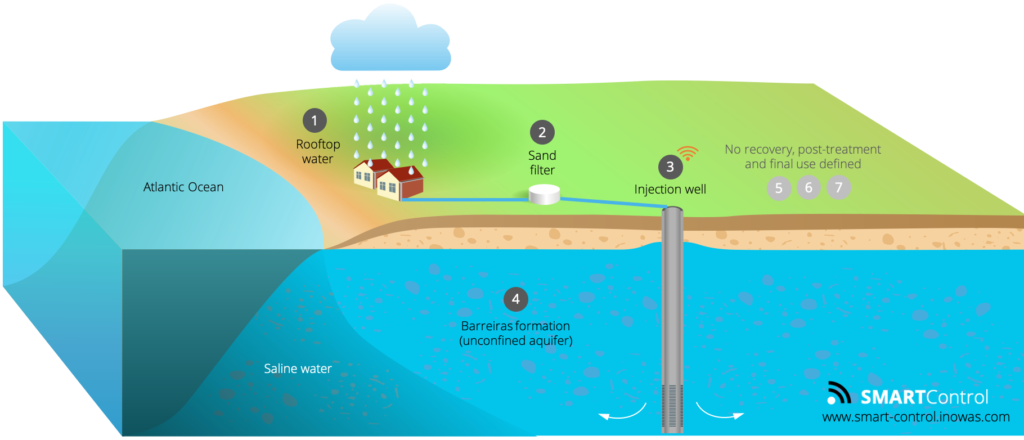
Case study #6
Recife, Brazil
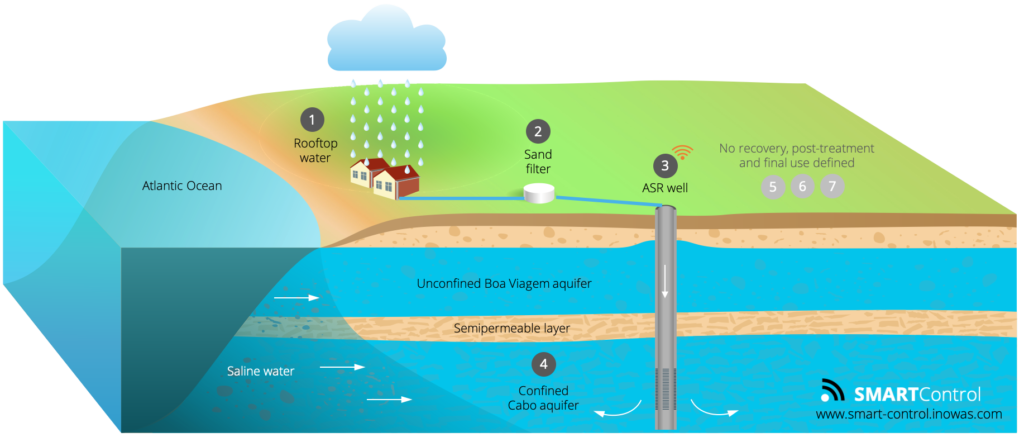
The SMART-Control approach will be deployed to six MAR sites located in Europe and South America.





